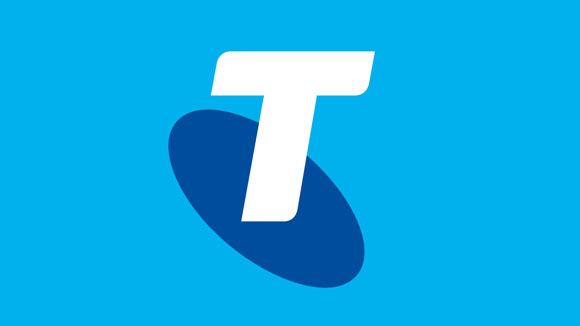Telstra tests out its 4G LTE-Advanced network
Here's some more 4G

Australia's 4G LTE networks are increasingly growing more complex, with Telstra announcing that it is currently testing its own LTE-Advanced (LTE-A) network.
Similar to what SK Telecom has set up in Seoul, South Korea, Telstra is currently testing its LTE- Advanced Carrier Aggregation network using the 900MHz and 1800MHz spectrum bands.
"We effectively 'glue' two bands of spectrum together, creating a broader channel through which we can push more data and by using the lower 900MHz spectrum we can extend the reach and in-building performance of the 4G signal," Telstra explained in its statement.
Reportedly, LTE-A can offer download speeds up to 150Mbps, meaning you could download an 800MB video file in just 43 seconds. Telstra's LTE-A network will also work with Category 4 (Cat 4) LTE technology as well.
Interestingly, Telstra said: "When we launch the new service we will offer Australians a leading new device that supports both this LTE-Advanced technology and the latest Cat4 LTE technology that is capable of higher peak speeds in the same spectrum."
This of course comes after rumours from just over a week ago that SK Telecom was in talks with Apple about a possible LTE-Advanced iPhone 5S release. Samsung has already announced that it will be offering up an Galaxy S4 LTE-A variant.
All of the 4G
The LTE 4G field in Australia is getting a little bit crowded, with Vodafone and Telstra duking it out over being the first to launch Australia's first Cat 4 device.
Get daily insight, inspiration and deals in your inbox
Sign up for breaking news, reviews, opinion, top tech deals, and more.
Optus, on the other hand, is still developing its own TD-LTE network and will be the first to offer dual-mode Samsung Galaxy S4 and Galaxy Mini variants. These dual mode devices will be able to switch between Optus' TD-LTE network and the more common FD-LTE network.
Telstra said that it is also planning on further developing its LTE-A network in the future once it gains access to the 700MHz spectrum in 2015. It will combine the 1800MHz band and the 700MHz, which could theoretically push download speeds to 300Mbps.